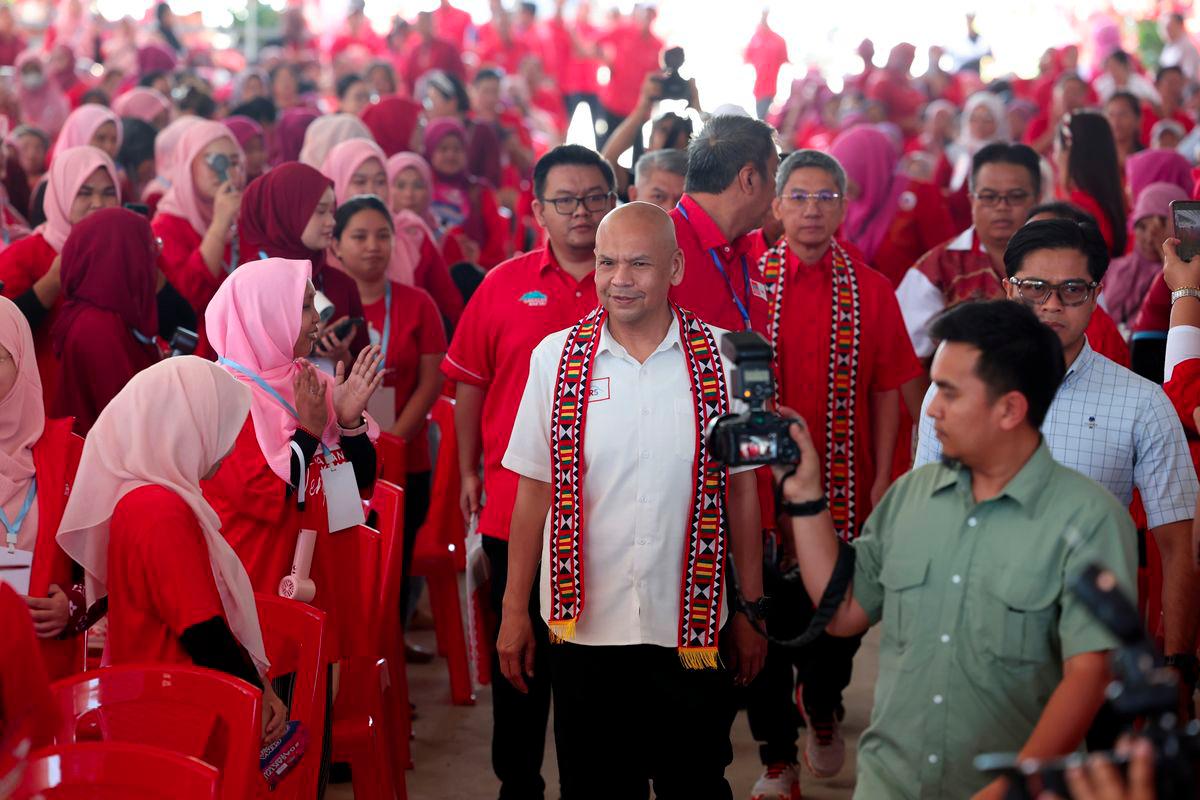KOTA BELUD: The PETRONAS’ Mobile Refuelling Service (ROVR) is scheduled to commence operations in Kuala Abai here on June 21, as part of efforts to enhance access to fuel supplies for rural communities.
Domestic Trade and Cost of Living Minister Datuk Armizan Mohd Ali said the service, which supplies RON95 petrol, is a collaboration between the Domestic Trade and Cost of Living Ministry (KPDN) and PETRONAS Dagangan Berhad to meet the needs of rural residents, particularly fishermen.
“With the introduction of ROVR, residents can enjoy more convenient, accessible and safe fuel dispensing facilities,” he told a press conference after officiating the Parti Gagasan Rakyat Sabah annual conference in Tempasuk here today.
Kuala Abai, a coastal area known for its fishing activities and marine-based economy, is located about 80 kilometres northeast of Kota Kinabalu.
Armizan said ROVR, to be handled by the Kota Belud Area Fishermen’s Association, is expected to benefit residents in Kuala Abai as well as nearby villages, including Kampung Buah Pandai, Kampung Tanjung Batu and Kampung Kulambai.
“With ROVR delivering fuel directly to fishing communities, they no longer need to travel long distances to petrol stations, thereby reducing daily operational costs,” said Armizan, who is also the secretary-general of the Gabungan Rakyat Sabah coalition.
He said there are currently eight ROVR services supplying RON95 petrol, with six operating in Sarawak and two in Sabah, namely in Beaufort and now in Kuala Abai.
Another ROVR in Kimanis, Papar, supplies RON97 petrol to cater to foreign vehicles, particularly those from Brunei using the Brunei-Kota Kinabalu route.
ROVR, an initiative by PETRONAS Dagangan Berhad since 2018, has distributed over 250 million litres of fuel since its launch.
Armizan said the service’s effectiveness has been proven in supporting daily mobility and during national emergencies, such as the COVID-19 pandemic and flood disasters.
“KPDN will continue to ensure that RON95 petrol at controlled retail prices reaches the people, regardless of geographical location,” he said.
He said this initiative not only ensures energy equity but also alleviates the cost-of-living burden for rural residents while supporting local socio-economic growth.









